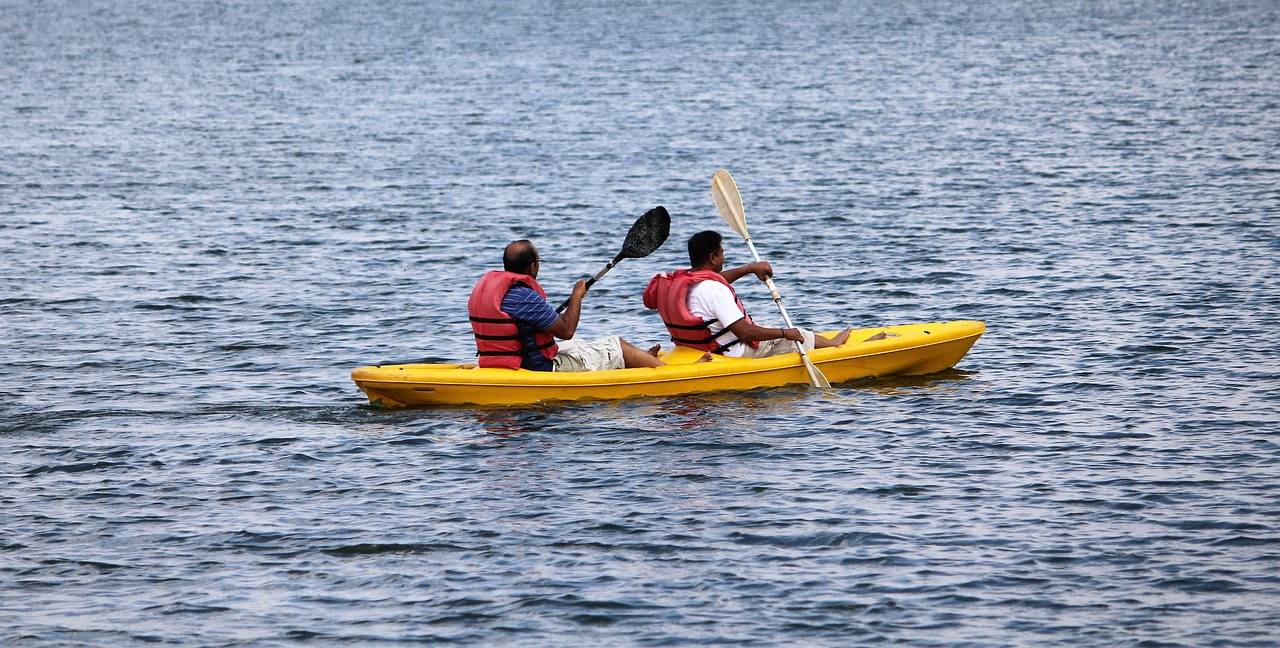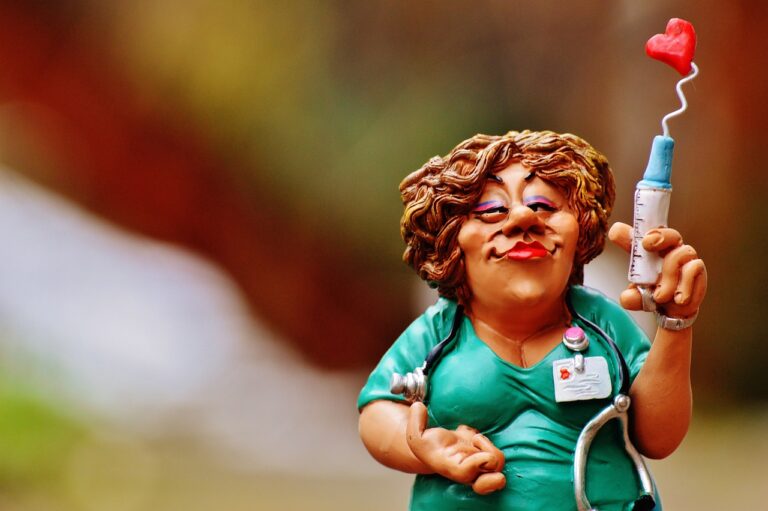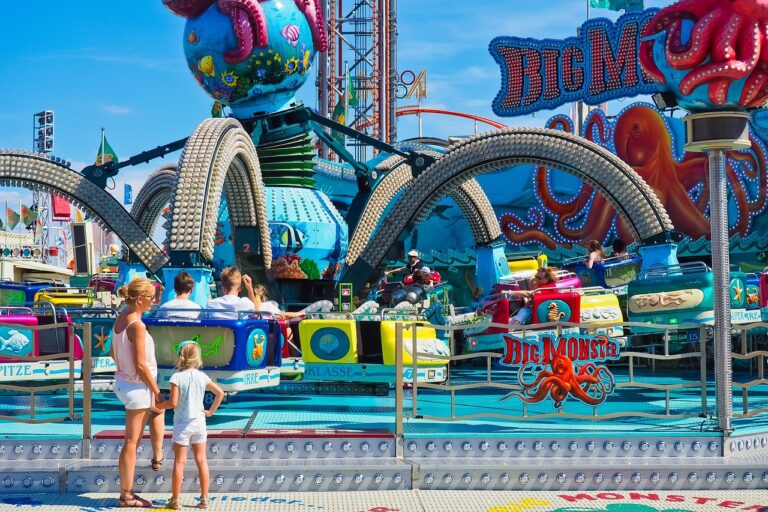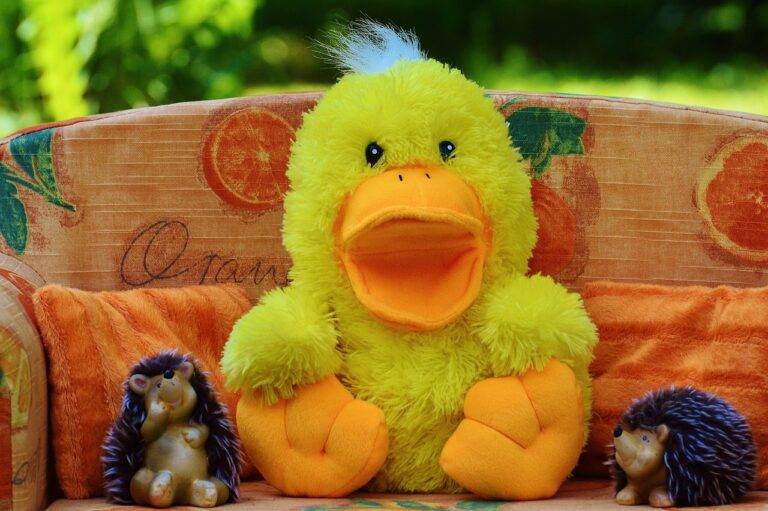Exploring the Role of Historical Reenactments in Cultural Heritage Preservation and Conservation: All panel 777.com login, Laserbook247, 99exch
all panel 777.com login, laserbook247, 99exch: Exploring the Role of Historical Reenactments in Cultural Heritage Preservation and Conservation
Have you ever attended a historical reenactment and felt transported back in time? Historical reenactments play a vital role in cultural heritage preservation and conservation by bringing the past to life and engaging audiences in a meaningful way. In this article, we’ll delve into the significance of historical reenactments and how they contribute to the protection of our shared history.
The Power of Living History
Historical reenactments, also known as living history, allow people to experience the sights, sounds, and emotions of a particular time period. By witnessing historical events reenacted before their eyes, audiences gain a deeper understanding of the past and its impact on the present. This immersive approach to history education fosters a sense of connection and empathy with those who came before us.
Preserving Cultural Heritage Through Performance
Through meticulous attention to detail, historical reenactors strive to recreate historical events and daily life with authenticity and accuracy. From period clothing and weaponry to traditional crafts and cooking techniques, every aspect of a reenactment is carefully researched and executed. By preserving and showcasing these traditions, historical reenactments play a crucial role in safeguarding cultural heritage for future generations.
Educational Opportunities for All Ages
Historical reenactments are not just entertaining spectacles they also serve as valuable educational tools. By engaging with history in a hands-on and interactive way, audiences of all ages can learn about the past in a way that textbooks alone cannot provide. Whether it’s a battle reenactment, a living history event, or a traditional craft demonstration, historical reenactments offer a unique opportunity to learn through experiential learning.
Promoting Cultural Appreciation and Understanding
In a world that is increasingly divided by cultural differences, historical reenactments have the power to bridge the gap between people of different backgrounds. By showcasing the diverse traditions and rich heritage of various communities, reenactments promote cultural appreciation and understanding. Through shared experiences and storytelling, historical reenactments celebrate the beauty of diversity and foster a sense of unity among participants and audiences alike.
Preserving Heritage Sites and Monuments
Historical reenactments often take place at heritage sites and monuments, helping to raise awareness of the importance of preserving these precious landmarks. By drawing attention to these sites through reenactments and events, organizers and participants contribute to the conservation and protection of our cultural heritage. In doing so, they ensure that future generations will have the opportunity to experience and appreciate these historical treasures.
FAQs
Q: How can I get involved in historical reenactments?
A: Many historical reenacting groups welcome new members who are passionate about history and eager to learn. You can reach out to local reenactment organizations or attend events to connect with like-minded individuals.
Q: Are historical reenactments historically accurate?
A: While historical reenactments strive for authenticity, some liberties may be taken for the sake of safety or practicality. Reenactors rely on historical research and sources to inform their portrayals and presentations.
Q: What is the significance of historical reenactments in modern society?
A: Historical reenactments offer a unique way to engage with history and preserve cultural heritage in an increasingly digital age. By bringing the past to life through performance and storytelling, reenactments foster a sense of connection and appreciation for our shared history.
In conclusion, historical reenactments play a vital role in cultural heritage preservation and conservation by bringing the past to life and engaging audiences in a meaningful way. Through immersive experiences, educational opportunities, and promoting cultural appreciation, reenactments contribute to the protection and celebration of our rich heritage. So next time you attend a historical reenactment, take a moment to appreciate the dedication and passion of those who work tirelessly to preserve our shared history.







